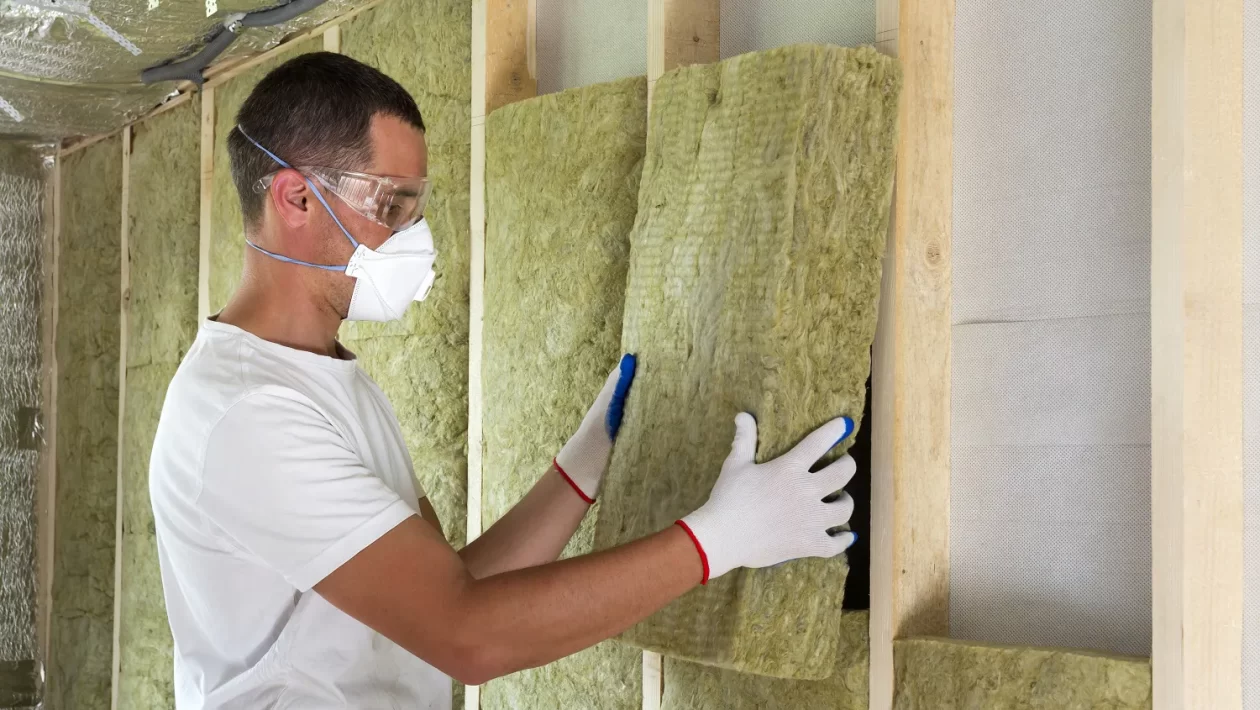Spray foam insulation is a popular choice among homeowners looking to improve the insulation of their homes. However, there has been some concern that the chemicals used in spray foam insulation might have adverse health effects. In this article, we will explore the potential health risks associated with spray foam insulation and provide recommendations for safe use.
Spray foam insulation is a type of insulation that is applied as a liquid spray to the walls and other surfaces of a home. It is made up of two main components: a polyurethane foam and a chemical blowing agent. The chemical blowing agent creates a reaction that causes the foam to expand and fill in all of the nooks and crannies in a space, providing an effective barrier against the transfer of heat and sound.
Spray foam insulation is often seen as an effective way to improve the energy efficiency of a home. It is also easy to apply and can be used in difficult-to-reach areas. However, there has been some concern that the chemicals used in spray foam insulation might have adverse health effects.
The most common health concerns associated with spray foam insulation are related to its chemical components. In particular, the chemical blowing agent and the polyurethane foam can both release volatile organic compounds (VOCs) into the air. These VOCs can cause irritation of the eyes, nose, and throat, as well as headaches, dizziness, and nausea. In addition, long-term exposure to VOCs has been linked to an increased risk of certain types of cancer.
It is important to note that the risk of health problems from spray foam insulation is generally low. However, it is still important to take precautions when using spray foam insulation to ensure that the risk of health problems is minimized.
Precautions to Take When Using Spray Foam Insulation
When using spray foam insulation, it is important to take the following precautions to minimize the risk of health problems:
- Wear protective clothing and a respirator: When using spray foam insulation, it is important to wear protective clothing, such as a long-sleeved shirt, long pants, and gloves. It is also important to wear a respirator to protect against the inhalation of VOCs.
- Open windows and doors: When using spray foam insulation, it is important to open windows and doors to ensure proper ventilation. This will help to reduce the amount of VOCs that are released into the air.
- Use an exhaust fan: It is also important to use an exhaust fan to help draw the VOCs outside of the home.
- Avoid prolonged exposure: It is important to avoid prolonged exposure to the spray foam insulation, as this can increase the risk of health problems.
- Use low-VOC products: Finally, it is important to use low-VOC products to reduce the risk of health problems from VOCs.
Spray foam insulation can be an effective way to improve the insulation of a home. However, it is important to take precautions to minimize the risk of health problems associated with the chemicals used in spray foam insulation. By following the precautions outlined above, homeowners can ensure that their use of spray foam insulation is safe.










